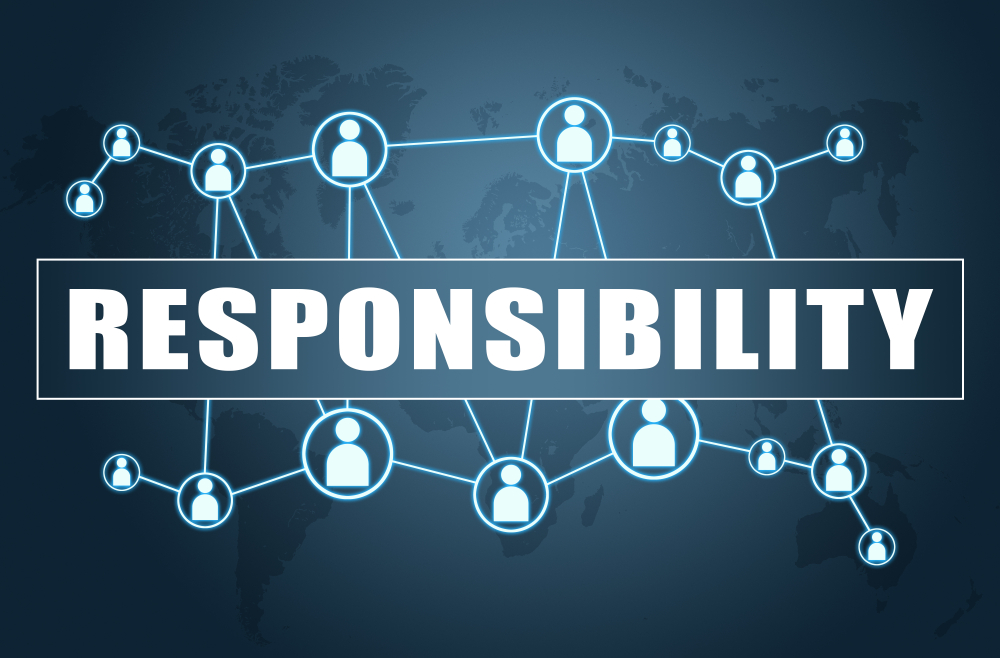by James Burns | Jan 2, 2019 | Burns' Bench

Dr. Martin Luther King Jr. – Lessons On Character
These lessons are designed to provide the students with a view of some of the quotes by Dr. Martin Luther King and also the character qualities that he displayed as a civil rights leader in the 1960’s. The lesson includes 10 quotes with one bonus quote at the end. Each quote has a character quality associated with it and 5-6 questions that you as the teacher can ask your students that will provoke discussion and give the students a chance to think of their responsibility as it relates to the character qualities. There is a short quiz at the end that the class can take as a whole, with one bonus question. Each question is worth 10 points. The bonus question can be awarded as many points as the teacher would like in order to increase the student’s score.
$9.99

The Super Bowl Trivia Game
This game gives students the opportunity to research questions about past Super Bowls. The students are asked questions, have time to look up answers, and score points in a jeopardy type format. The game is played in a group which helps build community and improve classroom climate and camaraderie. This is a great game to play prior to the Super Bowl for some fun and a little excitement. (Grades 5-12)
$9.99

by James Burns | Dec 30, 2018 | Burns' Bench
How a child is treated in the home can play a role in whether or not the child will become a bully or not. Often if the child is victimized in the home, there is a good chance they could become a bully in school. You read that right, children who are victimized in the home could get the message that the way I get what I want is through fear and intimidation. I know this is something that is usually done by the social worker, but a conversation with the parents and a little intuition can usually be pretty revealing. So be a detective, and ask some questions that may reveal more about the child’s home life then the parents wanted you to know. Sometimes mom’s can let the cat out of the bag about dad’s anger issues, or maybe visa-versa. How ever you get the info, take notes.
Bench Notice
The closed house; a term that years ago was used to refer to a home where there might be abuse, addiction, or neglect. No child wants to be the one who spills the beans about what is going on between mom and dad or some addictive problem that is plaguing the family. They see it as disloyal and can fear the reaction of a parent if in fact he or she discovers that their child ratted them out.
Parents who have anger issues, are neglectful or who are suffering from addiction have grown physically, but not emotionally. Often the abused children of these parents can suffer from the overly responsible syndrome, with the roles reversing and the child actually parenting the parent. Don’t let these children be robbed of their childhood. Step in and help this child realize that the behavior of their parents is not their fault and help them begin to enjoy the wonders of being a kid. By doing so you will help them become more balanced adults.
by James Burns | Dec 28, 2018 | Burns' Bench
Taken From Anti Bullying 101
There are probably many reasons why kids become bullies and why they stay bullies as they move into adulthood. There are many theories and a great deal of experiential opinion on the topic. I believe that there are two major reasons for the rise in bullying behavior over the last 40 years.
The first one is it’s an inter-generational problem. What one generation does in moderation the next one does in excess. In the past kids may have fought their own battles, and settled their own disputes; circumstance plays a big part as well. The second one is that by today’s standards there is far more dysfunction in families and parents may have an overly liberal approach to disciplining their children.
Understanding these two reasons can help teachers get a better handle on the behavior. Sometimes just understanding the why’s of the problem can open up a mind to begin to find a clear solution. The next several tips will cover these two categories. So let’s look at some inter-generation tendencies first, get some tips and then move on to circumstance.
Bench Notice
Bullying is behavior that has been left uncorrected. When parents, teachers, and even society in general fail to correct certain behaviors they then by default communicate to a child or maybe even an adult that they agree with the behavior. This is a critical piece to understand when we observe behaviors such as disrespect, or irresponsibility. Silence at times can be deafening. Certain behaviors just scream for correction, and they can’t be missed.

by James Burns | Dec 27, 2018 | Burns' Bench
When Art was an adolescent, chats with his mother featured the usual liberal doses of guilt needed to shape socially acceptable behavior.
Art bided his time, counting the days until he would become an adult and could enjoy a relationship with his mom grounded on a level playing field.
At 47, he’s still waiting.
“Our relationship was pretty much, mother-to-son, adult-to-child,” said Art, an Apopka marketing consultant, who asked that his last name not be used. “I drew the line at one point and told her it would be necessary for her to treat me like an adult if she wanted a relationship with me.”
For The Rest Of The Story Click Here
Bench Notice
I First read this article when it was first published in 1995. At the time I could relate to it. And as I spoke to other adults about the topic they could as well. Now more than 20 years later I found the hard copy of the article buried in some of my old paper work. It’s published online now and I have a whole different slant on the topic. Parenting styles vary for sure; from autocratic to permissive. But when a parent doesn’t grow with their adult children and continues to treat them as children they create an environment of harassment, intimidation, and bullying.
Adult children who can’t escape the fear of their parents opinions, and judgments, fail to grow into adults who are confident and capable. Healthy adult children know how to handle confrontations in a productive manner and they know how to express their concerns while still encouraging constructive suggestions.
Parents can be bullies too, and they may not have grown emotionally because of their own upbringing. The goal is to break the cycle, and still work to maintain a positive adult to adult relationship. Parents need to understand their impact and their roles as their children mature, and adult children need to understand their own fears.

by James Burns | Dec 26, 2018 | Burns' Bench
This Is The Final Installment On Responsibility Taken From Anti Bullying 101
Do you ever watch Crime Seen Investigation? (CSI) I do, occasionally. I am amazed how all the evidence that is collected can point directly at the suspect in question, but they just can’t seem to figure out a motive. They need the motive to convict the person of the crime. We all know what the motive of a bully is right? Power, they want to have power and control over a smaller or weaker person.
How do you change the motive of a bully?
By being the strongest and most influential person in the classroom. That’s right you the teacher have this ability. You don’t need to use power; you need to use your influence. When your students realize that you are in charge their motives change from wanting to hurt, to wanting to help. They have met their match. Remember it is not about the influence of your power, but rather the power of your influence.
Bench Notice
The motive of a person is buried somewhere deep within in their secret life. It’s never revealed until a therapist or someone in the legal field starts to dig for answers as to the reason why some act or crime was committed. Bullies are driven by power as I stated above, victims by revenge.
In knowing this, it should be the job of school personnel, parents, and the community to be aware of those that are being victimized and to do their best to work with them to overcome the trauma of bullying. School shootings are usually carried out with revenge in mind. Let’s do our best to Strengthen the victims, and to hold bullies accountable for their actions.










